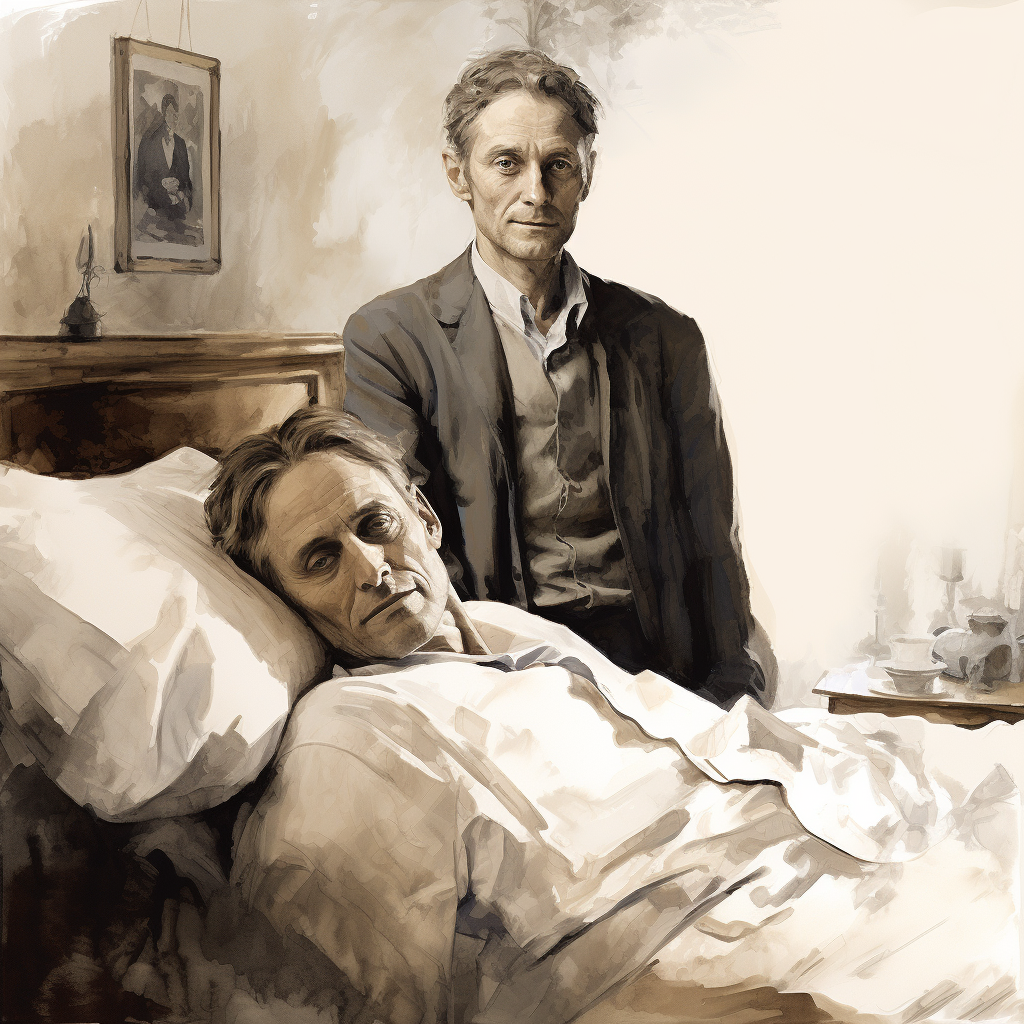Loving the Unlovable

Some people may be “easy to love,” but I haven’t met them. “Easy to like”? Sure. But love implies closeness, sometimes inescapable closeness. Love means blood or vows or commitments we have made to care for people. Sometimes a commitment chooses us: someone needs help and no one else is either able or willing.
At this level, love can be hard to sustain, especially when people disappoint us, turn ill, or slip into a crisis that makes them seem unlike their old selves, the ones we so easily loved in our salad days.
A woman was telling me about the father who had come to live with her in his declining years. Dementia was draining his mind, and he would yell at the caregiver who was with him all day, hectoring and abusing her. Finally, my friend said, she went to the caregiver and said, “I’m sorry—this is really intolerable and I wouldn’t blame you if you just decided to leave.”
“Not at all,” the caregiver said without a thought. Then pointing to a beautiful portrait of the father on a nearby table, she said, “That’s the man I’m taking care of. When he acts out like this, I know that’s not really him. So I just care for the man in the picture.”
When, through some trauma or another, loved ones become someone we don’t know anymore, we can shift our heart’s focus from the angry or bitter person making the most noise, and look instead at the silent person still there, deep inside. And for that person we can find love again.
What an amazing way to find a way beyond the frustration. Thanks, David.
That story just astounded me—well, obviously. But wanted to share it.
David, such a great post!! It reminds me too of people who are addicted. I have heard women or men say about their spouse, “that wasn’t him/her, that was their addiction talking”. ❤️
I’ve heard that from my AA friends—“that’s the bottle talking.” So yes—addiction is one huge way this shows up in our lives.
My wife died a year ago from dementia. I am so grateful
that Valerie did not have most of the issues so many have with this terrible disease. She actually died at home, in her own bed. But still, I had tears as I read this. Thank you for today’s reflection.
No words, Tom. You have lived this. Thank you.
I loved your message! I lost my older sister a year ago to Alzheimer’s disease. Actually I lost her some years before & although she wasn’t mean she could be stubborn! I talked to her frequently & just agreed with wherever her mind was taking her! It was heartbreaking, but I loved her even more because I knew the sister I had known, loved & looked up to would always be the same in my heart.
Yes—always the same in your heart.
This story touched me on so many levels. Thank you.
You would know. Blessings—
My youngest sister died following a long illness this summer. She had alienated most of our family and friends and I had struggled to maintain my relationship, once very close, especially across the country. We had grown apart and the easy, loving camaraderie we’d had long since disappeared under medical, financial, shelter and care considerations. When I went to see her after a long, painful hiatus, I was worried it would be stressful, full of recriminations and anger. Instead, all of the above just melted away and we were able to be affectionate companions again, enjoying each other’s company. It was all too short but grace lived there. Going through her things, I found a ring I had given her when she was 13, which she must have treasured to keep it safe through all her travels and travails. I wear it now, remembering. Thank you for this story.
Sandy, that’s such an affecting story—of staying with someone, persevering through your fears of what could go wrong, to reunite with your sister. And the ring! Thanks for taking us with you on this sister redemption story.